Your employer allowed you to go home for a week. Yay! You packed your things and can’t wait to see your family back home even if it’s just for a week. Of course, you need to make sure that you bought pasalubong to your family because what’s the point of being a balikbayan when you don’t bring something home, right?
Shopping malls are great destination to get your shopping done. Apparently, this place is so much better if you want to save more on shopping: airport.
Goods sold in the airport are cheaper and tax-free, thereby allowing to save more. Before heading home, here are duty-free deals you need to score:
1. Chocolates and other local confections.
Your balikbayan box will never be complete without chocolates. Duty-free stores in the airport sell tons of chocolates that it would be hard to miss them. You get to buy chocolates in different sizes at discounted prices, so make sure you can make room for these goods.
Aside from chocolates, each country has its own local goods and confections. Dubai has its famous camel milk chocolate while you’ll go crazy with the goods and delicacies you can find only in Japan, including Kit-Kat in different flavors and Royce chocolates that is way cheaper there.
Buy some as well so your family back home can have a taste of what it’s like living overseas.
2. Fragrances.
Perfumes, especially the branded ones, are expensive in the Philippines. While you’re still in the airport and waiting for your flight, take some time to check the fragrances section and buy something for your spouse or mom. Perfumes sold in the airport are thousand pesos cheaper compared to how much they are sold in the Philippines. Take advantage of it, especially if you are coming from Middle East countries where perfumes are sold at affordable prices.
3. Cosmetics and skin care.
Do you have a daughter or sister who is into makeup and skin care? The airport can also be a haven for makeup lovers because items are sold at discounted prices. Still, take note that big makeup brands are not necessarily sold at discounted prices in airports, so make sure you check first before you splurge.
4. Home-grown or local brands.
Uniqlo, Muji, Royce, Tokyo Milk Cheese – these are only some of the many international brands you can find in the Philippines. The difference is that these brands are retailing at cheaper prices in the airport compared to buying them back home.
5. Branded goods.
Hermes, Dior, Ray-Ban, Chanel, and the list goes on. If you’re thinking of splurging for just ONE item because you truly deserve all the hard work, then the airport might be the perfect destination for you. Branded goods are usually sold at lower prices compared to buying the in retail stores. Check it out and make sure you have more than sufficient amount of money left even if you decide to buy something expensive for yourself.
6. Alcohol and cigarettes.
These are another pasalubong staples, which you can buy less in airports. Still, don’t go overboard. The Philippine Customs sets a limit as to how many you can buy and bring back home like maximum of two cigarette reams or up to two bottles of alcoholic beverage that is not more than one liter each. Take note of this to avoid penalty.
More importantly, make a list of the things you will buy and set a budget. The airport may be a haven for cheaper goods but if you buy too much, then you might end up going home with almost nothing in your pocket – and you’re not even in the Philippines yet.

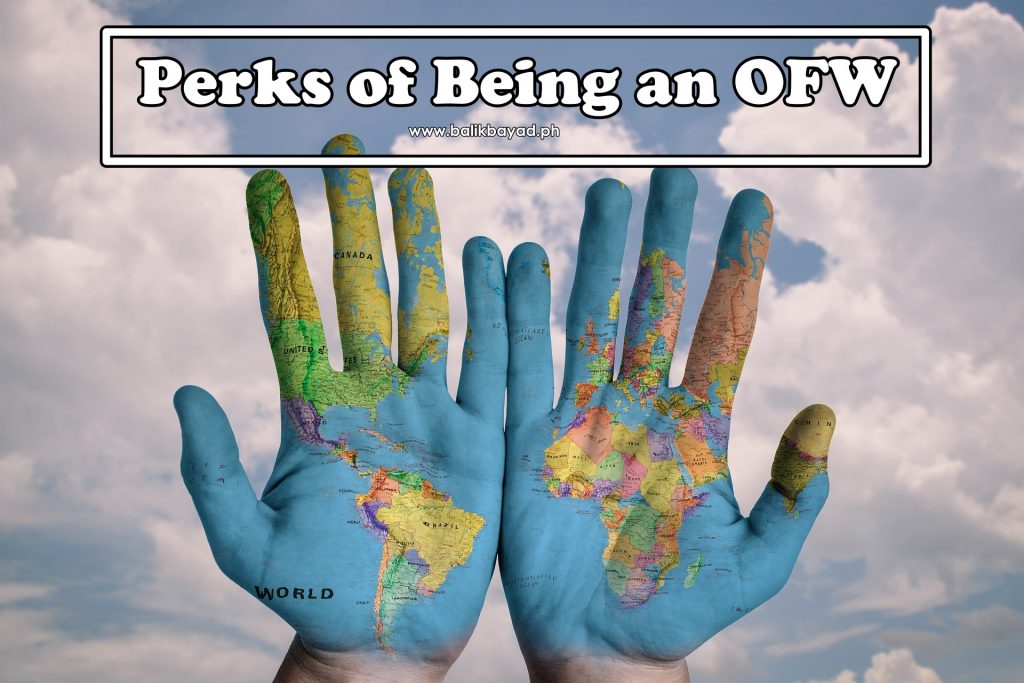 Overseas Filipino Workers are regarded as bagong bayani – and there are various reasons why. For starters, the amount of remittances sent to the Philippines increases the dollar reserves, thereby helping the economy. OFWs also gives their families a chance to improve lives.
Overseas Filipino Workers are regarded as bagong bayani – and there are various reasons why. For starters, the amount of remittances sent to the Philippines increases the dollar reserves, thereby helping the economy. OFWs also gives their families a chance to improve lives.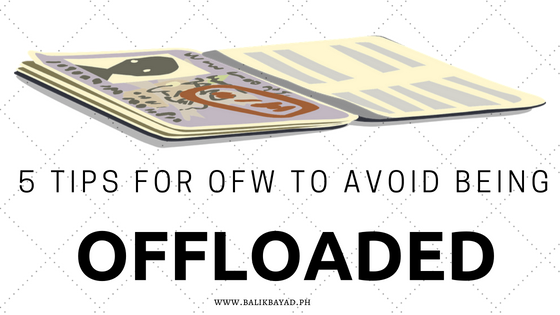 Did you know that approximately 40 Filipinos are being offloaded (or prevented from leaving the country) at the airport according to the Bureau of Immigration (BI)?
Did you know that approximately 40 Filipinos are being offloaded (or prevented from leaving the country) at the airport according to the Bureau of Immigration (BI)?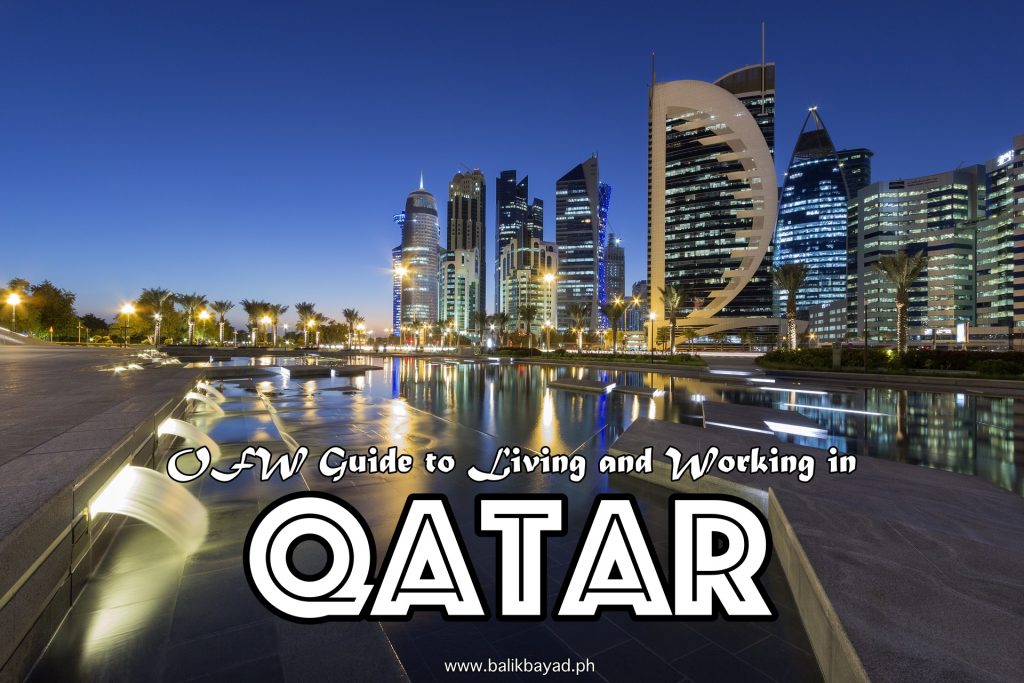 According to the 2015 data released by the Philippines Statistics Authority or PSA, Qatar is the fourth biggest destination of OFWs in the Middle East after Saudi Arabia, UAE, and Kuwait.
According to the 2015 data released by the Philippines Statistics Authority or PSA, Qatar is the fourth biggest destination of OFWs in the Middle East after Saudi Arabia, UAE, and Kuwait.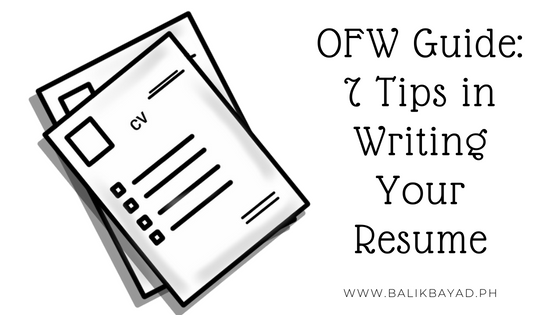 You’re walking in Manila, knocking from agency to agency, and submitting your resume. At one point, at least one agency will give you a call and hopefully give you a chance to work overseas, which leads us back to the purpose of this post: your resume.
You’re walking in Manila, knocking from agency to agency, and submitting your resume. At one point, at least one agency will give you a call and hopefully give you a chance to work overseas, which leads us back to the purpose of this post: your resume. 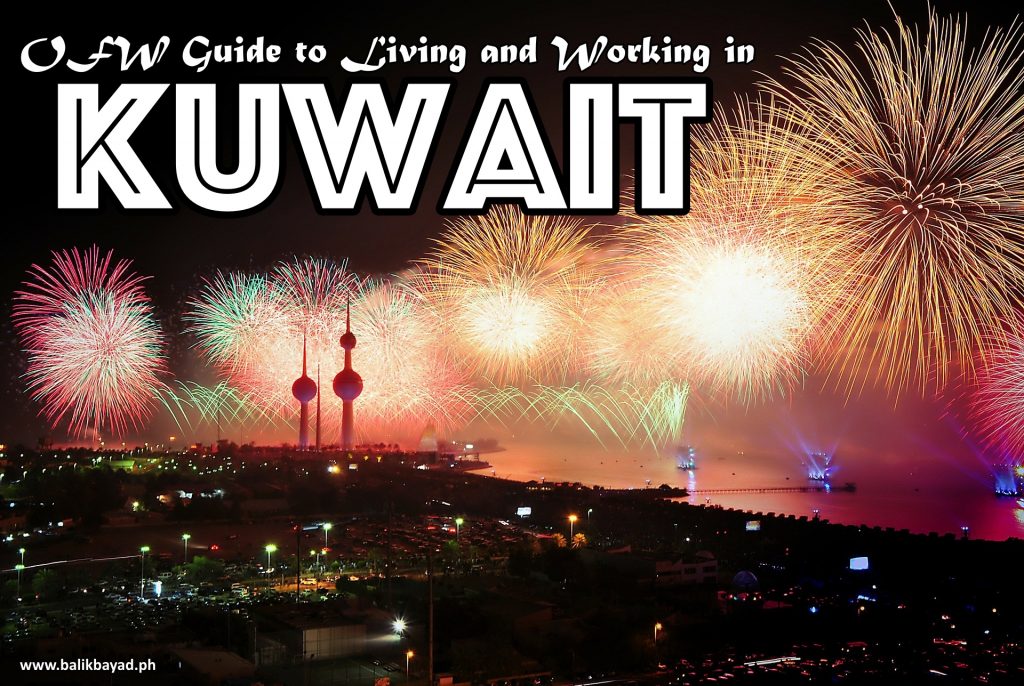 Earlier this year, President Rodrigo Duterte ordered a temporary ban of deployment of Filipino workers to Kuwait due to inhumane working conditions. This ban was the Philippine government’s response after the discovery of the dead body of Filipina worker, Joanna Demafelis inside the freezer. Since then, Kuwait and Philippines had a diplomatic row that even prompted the Kuwaiti government to expel Philippine Ambassador Pedro Villa.
Earlier this year, President Rodrigo Duterte ordered a temporary ban of deployment of Filipino workers to Kuwait due to inhumane working conditions. This ban was the Philippine government’s response after the discovery of the dead body of Filipina worker, Joanna Demafelis inside the freezer. Since then, Kuwait and Philippines had a diplomatic row that even prompted the Kuwaiti government to expel Philippine Ambassador Pedro Villa.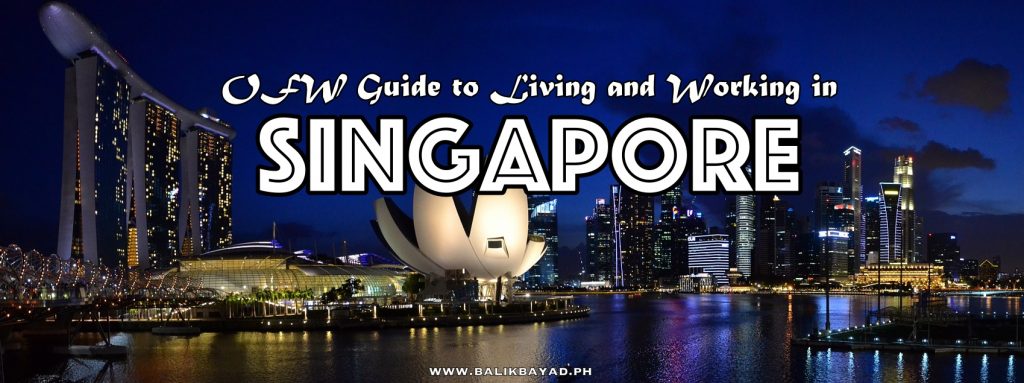 Arab countries like
Arab countries like 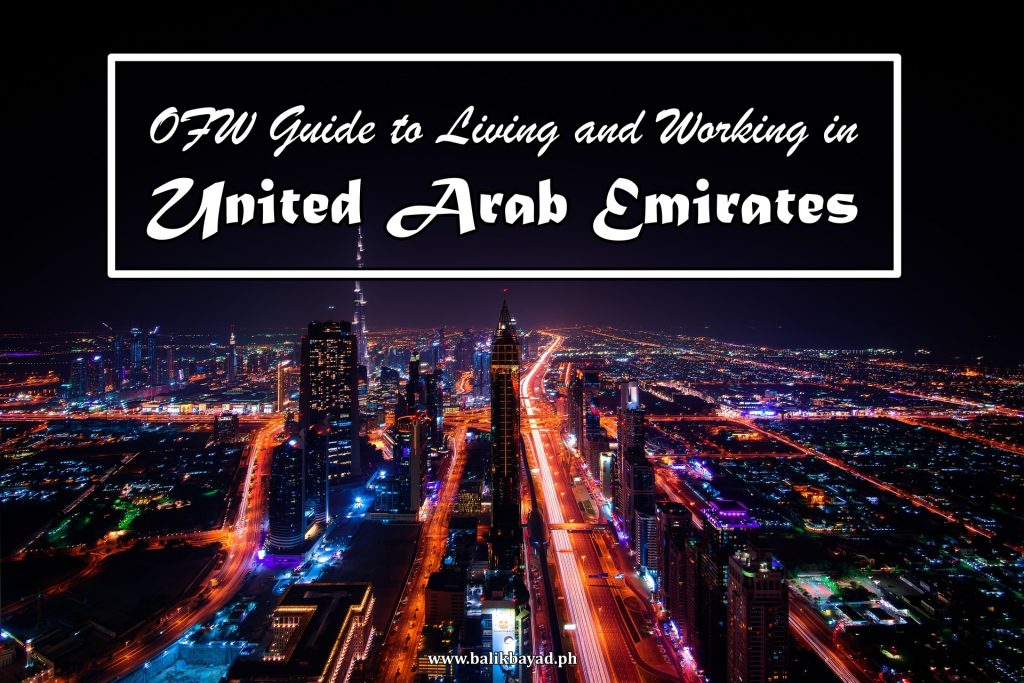 Aside from Saudi Arabia, United Arab Emirates or UAE is also another top destination of OFWs not just in the Arab peninsula but also in general. According to the Philippine Overseas Employment Administration or POEA, United Arab Emirates is the second top destination for OFWs next to Saudi Arabia – and it’s not surprising why.
Aside from Saudi Arabia, United Arab Emirates or UAE is also another top destination of OFWs not just in the Arab peninsula but also in general. According to the Philippine Overseas Employment Administration or POEA, United Arab Emirates is the second top destination for OFWs next to Saudi Arabia – and it’s not surprising why. According to the Bangko Sentral ng Pilipinas, as of July 9, 2018, the US Dollar to Philippine Peso exchange rate is at P53.41. Unfortunately, the weakening peso doesn’t look well for the economy, which is currently at its weakest in 12 years.
According to the Bangko Sentral ng Pilipinas, as of July 9, 2018, the US Dollar to Philippine Peso exchange rate is at P53.41. Unfortunately, the weakening peso doesn’t look well for the economy, which is currently at its weakest in 12 years.